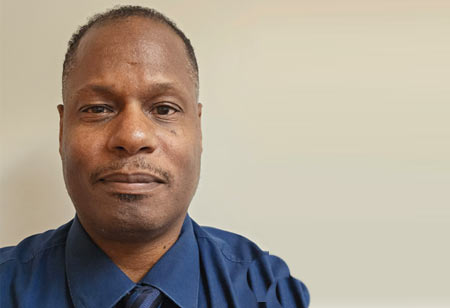Thank you for Subscribing to Healthcare Business Review Weekly Brief

Artificial Intelligence in Healthcare
Healthcare Business Review
Artificial Intelligence uses computer technology that mimics human thought through deep learning and sensory understanding (Secinaro et al., 2021). When many think of artificial intelligence, the thought goes to an artificial intelligence system that goes rogue and attempts to take over human existence, such as Skynet (Bailey, 2014). However, society does have a level of trust in artificial intelligence. One study constructed a survey about artificial intelligence-enabled technology. The study involved 1,008 respondents evaluating the trust and support of artificial intelligence. The topics using artificial intelligence were cars, armed drones’ general surgery, social media, and police surveillance (Kreps et al., 2023). The respondents showed that support for some domains was higher than trust in using artificial intelligence. Police surveillance had a strong support for artificial intelligence. Domains such as general surgery, social media, and drones were neutral support and trust because they believed they helped society (Kreps et al., 2023).
Thinking that artificial intelligence can benefit society in healthcare is positive. This allows us to use current technology to improve healthcare. In radiology, picture archiving and communication systems (PACS) are used by radiologists to view radiology images such as X-ray, CT, MRI, Ultrasound, and Nuclear Medicine. When someone has an imaging study, it is entered as routine, urgent, and stat exams. For routine exams, it is not as vital which exams are read by the radiologist. For stat exams, this can be very important. In many healthcare facilities, emergency room exams are entered as a stat. If there is a list of stat exams, then most are read in the order the exams enter the PACS system unless it is brought to the radiologist's attention.
This can leave a more critical exam at the bottom of the list and a less critical one at the top. Artificial intelligence can be used to assist the radiologist. Artificial intelligence can work in the background of PACS systems to detect more critical exams and move them higher on the list and lower less critical exams. This can improve healthcare by decreasing the time to detect critical and incidental findings. Artificial intelligence can also work in the background to identify findings (Sorantin et al., 2021). This intelligence can assist the radiologist in identifying these critical conditions and notifying specialists so they can be prepared to treat these patients. Another use of artificial intelligence is using this technology to assist in dictation and transcribing exams. Artificial intelligence can reduce errors and decrease the time it takes to get a signed report so patients can be treated (Rad AI, 2023).
Artificial intelligence has come a long way, from isaac asimov's story, the runaround, to google’s alphago, which won against a human in the game go (haenlein & kaplan, 2019)
Artificial intelligence has come a long way, from Isaac Asimov's story, The Runaround, to Google’s AlphaGo, which won against a human in the game Go (Haenlein & Kaplan, 2019). There are many questions regarding artificial intelligence and how far we should use this technology. These questions should not prevent us from using this technology to improve healthcare by allowing it to assist healthcare professionals in treating sick patients.









